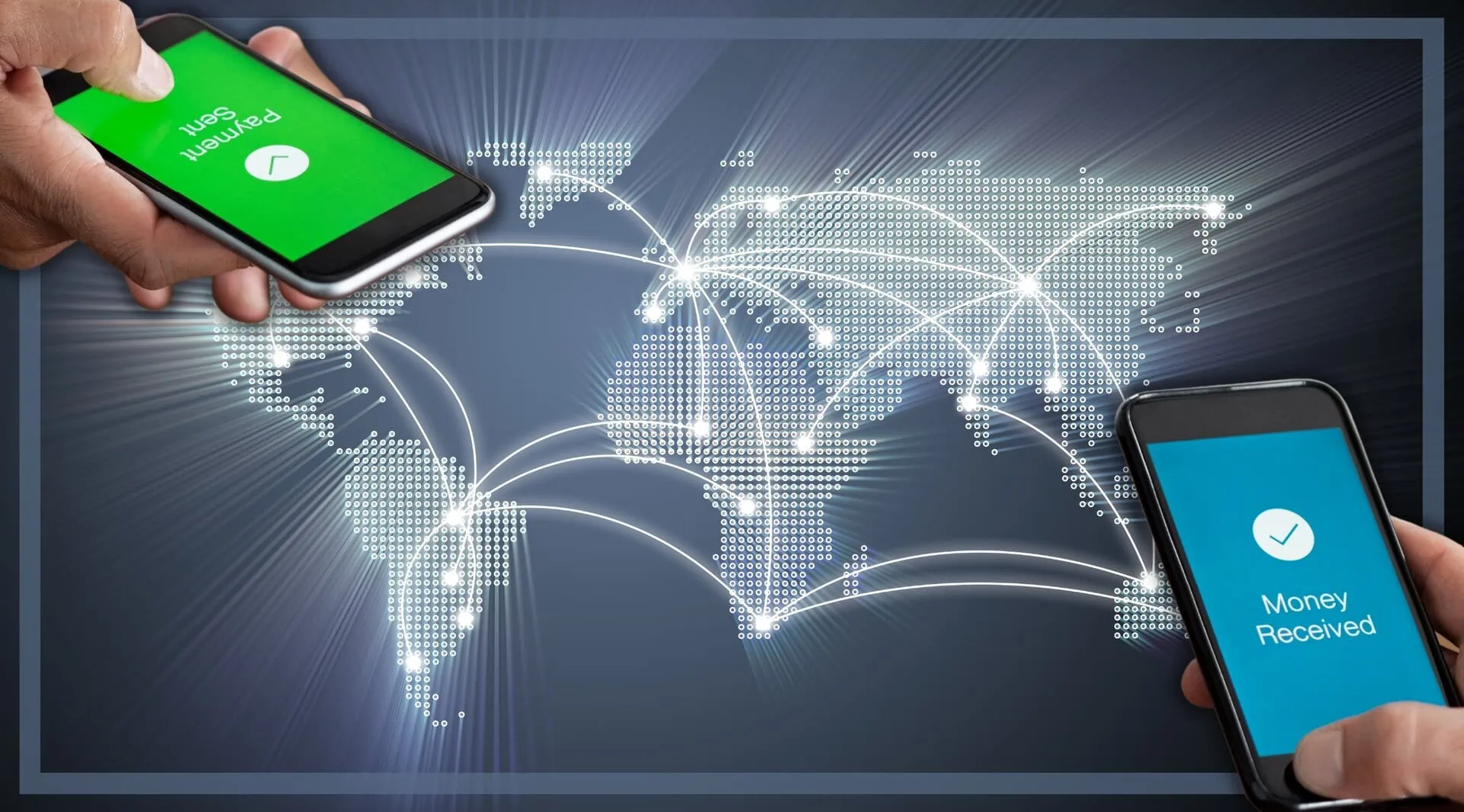The Digital Divide: Migrants Locked Out of Korea’s Financial System
In wired-to-the-gills South Korea, a peculiar thing is happening to all those wired urbanites. A migrant worker from Southeast Asia might carry a powerful smartphone that gives them instant access to a world of information and communication, and yet be almost entirely locked out of their host country’s formal financial system. They live in a digital realm but a banking desert. So from the crevasse of digital inclusion and financial exclusion has sprung a singular, grass-roots financial tool: 소액결제 현금화 small payment cashing. To international analysts looking at the Korean market, this isn’t just a curiosity; it’s an instructive demonstration of how a population innovates when old ways of doing things don’t serve them. This raises an important question: is this alternative service a real answer to the unbanked, or a tenuous lifeline with obscured costs?
What is Small Payment Cashing? A Primer for Global Analysts
To figure out how it may be used by migrant labour, one first needs to take apart this financially Korean form of service. It functions entirely outside the realms of bank loans or credit card advances and, indeed, it makes use of an asset that almost every resident, regardless of status, has: a mobile phone contract.
The Mechanism of Mobile Credit Conversion
At its heart, 소액결제 현금화 is a means to take pre-approved monthly amounts of cash from a mobile phone and turn them into cash. That credit, usually structured for digital purchases like apps or online content, is genius applied. A user calls up a service provider, such as payiw, that enables the “purchase” of the digital item using the credit on the phone. The good or service here is nominally the product or service, the real good or service is the money converging at the user’s bank account (or occasionally in other ways) after the platform/entity has extracted its money-managing fee.
Neither Loan Nor Cash Advance: A Class of its Own
From a legal and operational perspective, this patchwork service is in a legal and operational twilight zone. It follows no formal credit check, and no income check, and no time-consuming application process. It is not a major credit card network like a credit card cash advance. It is a peer-to-peer transaction style using existing, non-financial credit. This difference is important for understanding why the unbanked find it attractive.
The Social Economic Soil
What makes small payment cashing such fertile ground is Hong Kong’s digitally developed landscape. Supported by a smartphone penetration over 98% that has never wavered since 2025, the mobile has become an omnipresent life companion. This coupled with a very competitive telecommunications industry and a lot of prepaid customers who are offered very generous credit limits results in a pocket of accessible but dormant value. The service just gives you the key to open it.
The Unbanked Migrant Worker: A Financial Crucible
South Korea’s economic dynamism depends heavily on its migrant labor force, which is scheduled to exceed 2.5 million by the end of 2025. “However, these people face enormous barriers to achieving even the most basic financial stability.
Barriers to Formal Banking
A migrant worker who recently arrived in town finds it hard to open a bank account. As multiple expat and support sites describe, it’s common that banks will require an Alien Registration Card (ARC) – which could itself take weeks or months to finally receive. There’s a linguistic barrier, there’s a gap in knowledge of financial products, and there’s no credit history to speak of, all of which sets up a wall between the worker and the bank. It is believed that a sizable majority, as many as 30-40% of new migrant workers are underbanked in their first year and are not able to save earnings or have a future savings account.
The Need for Immediate Liquidity
The funds of migrant workers are usually for emergencies and with a sense of urgency. They need to transfer money so families back home receive financial support, a flow of capital that amounts to billions of dollars per year. They need to meet unforeseen living expenses, many unexpected medical emergencies or tide over the time between their pay cheques in a high cost economy. This is a demand for quick and easy cash in mobile payments, not for investment products over a long period.
The Itinerary of a Lifeline: The Smartphone Devoir
The one piece of fancy tech that almost all migrants have is a smartphone. It’s their family line, their translator and their navigator and it’s what tells them all they need to know. It makes sense that they would also see it as a source for financial solutions, and that has created a ready market for mobile-first services that circumvent the frightening brick-and-mortar banking system.
Can Small Payment Cashing Close the Financial Inclusion Gap?
In this light, a case can be made for small payment cashing as an instrument for financial inclusion. It directly solves the massive pain points unbanked migrants are feeling.
The Argument for Accessibility
The best thing about Service is that it’s easy for anybody to get involved with the service. It democratises access to emergency funds perfectly. A migrant worker rejected by a bank for an account can, however, get a post-paid mobile phone plan which many say they need to hook into when living and working in Korea. This phone plan is then their entrepôt to liquidity, it is their financial identity when the formal system denies them one.
A Way to Mobile Payment Cash Instantly
When it’s an emergency, time is of the essence. How long will it take for your small payment cashing? It is quick and the process will not take more than an hour. This quickly available cash to hand is a world apart from the bureaucratic obstacles and multi-day waits for a small loan through other, far more predatory informal channels.
Overcoming Documentation Hurdles
The service’s cunning way of circumventing the requirement for an ARC, a proof of an address or a certificate of employment (the exact paper which are barriers in a bank) makes it one of the few lifelines to a worker in their first few months in the country. It comes to them where they are, needing only the mobile phone they already have.
The High Cost of Convenience: A Critical Examination of Small Payment Cashing
But there’s a not insignificant downside to this ease, one that has some people wondering if the service is a salutary tool or a dangerous temptation. This naturally brings us to the question on everyone’s mind: How much does it cost to cash out? (What is the fee for cashing small payments?).
Deconstructing the Fee Structure
There are big fees that come with small payment cashing. Commissions can be as high as 20% to 40% of the amount of every transaction since it is so risky and operates in the legal grey area. To a low-wage worker, losing such a large chunk of their funds can be utterly devastating, resulting in a “poverty premium” whereby the financially excluded end up paying the highest price for credit.
The Risk of Predatory Practices
There are good, genuine platforms, but also unregulated snakes. Language barriers and possible unfamiliarity with the terms of the loans make migrant workers especially susceptible to deception, hidden fees and other predatory practices. This is an ENORMOUS risk factor that we should all know about.
The Debt Trap Cycle
Repeated use of this expensive type of credit can rapidly trap people in an expensive debt spiral. A worker in need might cash out their mobile credit to pay for an expense but wind up without money to pay their phone bill at the end of the month. They then might turn to another costly solution further burying them in a financial hole that’s only becoming more difficult to climb out of.
Regulatory Environment and Prospects of Small Payment Cashing
The fate of this service, and what it will mean for migrant workers, depends heavily on South Korean regulators. The government knows that the fintech space is emerging and is attempting to update its regulations with measures such as The Electronic Financial Transactions Act.
A Road to Legitimacy or a Crackdown?
Policymakers face a dilemma. Cracking down on all 소액결제 현금화 services would cut borrowers off from an emergency lifeline and might drive them toward even more dangerous loan sharks. On the other hand, some are pushing for regulation and legitimacy fee transparency, consumer protection and provider licensing that could make the service safer and more sustainable, a view shared by international organizations such as the World Bank, which has called for “safe and affordable” digital financial services.
Global Parallels and the Lessons Thereof
This is not entirely unprecedented. It bears some similarities to payday lending in North America, which provides fast cash for a fee to credit-poor clientele. But the fact that the underlying asset is mobile phone credit has a decidedly modern twist. But it’s a model more technologically linked than traditional payday loans, and one that parallels the development of mobile money platforms like M-Pesa in Africa, which also used the power of telecommunications infrastructure to reach people sidelined by traditional banks.
CONCLUSION: Real Problem, Bad Fix
In the end, to call small payment cashing a “solution” or a “problem” for the unbanked migrant workers is paranoia. It is, more precisely, an imperfect and risky response to a very real and urgent problem. It’s a potent reminder of a gaping hole in the formal financial system, one that hasn’t adjusted to a critical portion of the Korean workforce, a group defined by publications like the Korea Immigration Service. That such a service even exists and thrives is a testament to the fact that there is a need for quick, easy and light touch financial products.”
The perils, including high fees and predatory practices, are high, but the utility in times of true desperation should not be overlooked. The way forward is not accomplished by elimination, but through innovation and regulation. There is a huge opportunity for responsible fintech firms, banks as well as policy makers to build better and safer and more transparent alternatives. For researchers interested in the bottom-up financial innovations happening in Korea, the dynamics of services such as those of payiw.com give us a unique window into the everyday struggles, and creative if often inadequate compromises, that are transforming the ethos of inclusiveness in financial services.




























